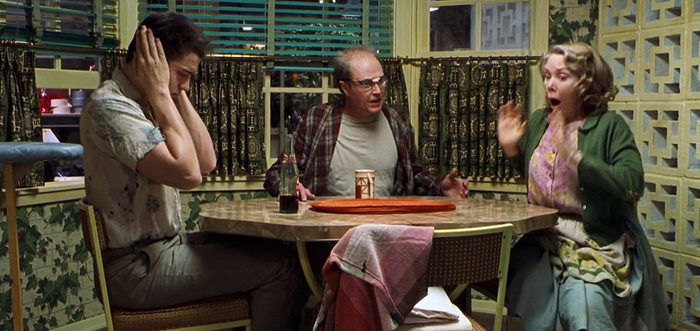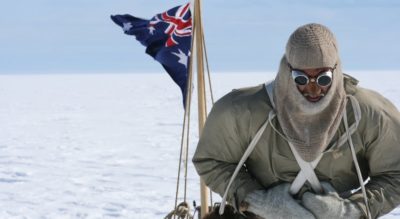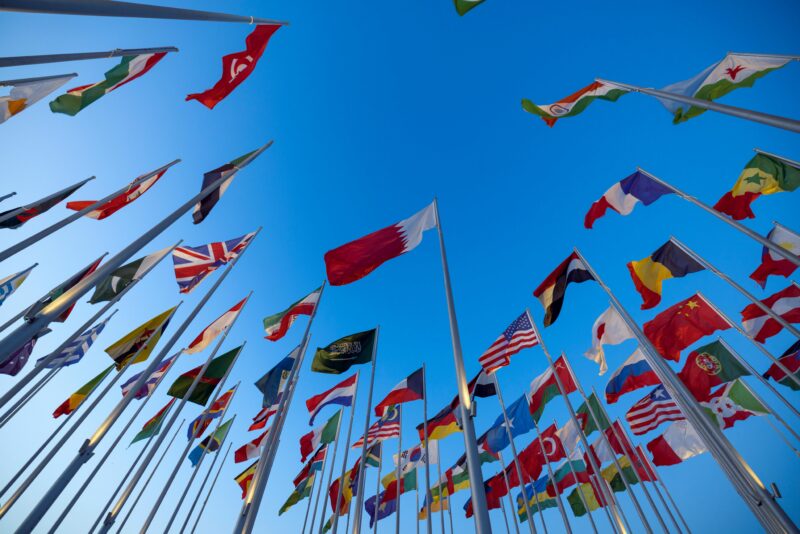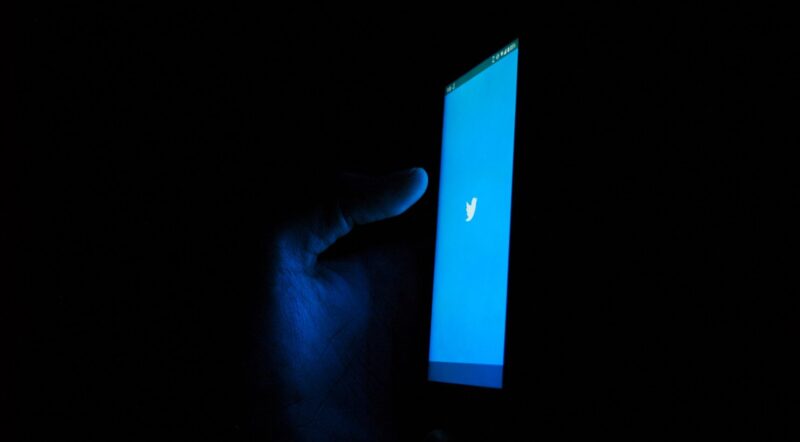Self-preservation
This has been a few months of revealing the best and worst of human behaviour via bushfires and COVID-19 – coming together to support our community and self-preservation.
Record dollars raised for bushfires, worldwide acknowledgement of appreciation of our volunteers and as the bushfires across Australia started to calm, campaigns to support our impacted areas gained a strong response. We were a community coming together.
The rapid rise of the Coronavirus has been highly unsettling to many segments of our community, Watching the number of cases rising exponentially, created a level of self-preservation, as many prepared for the worst.
“Self preservation is behaviour based on the characteristics or feelings that warn people or animals to protect themselves from difficulties or dangers.” Cambridge Dictionary
Self preservation is a fundamental human right. A behavior or set of behaviors that ensures the survival of an organism. It is universal among all living organisms. Pain and fear are critical in self preservation, warning us of danger, and the need for protection. The instinct in humans and animals to do things in a dangerous situation that will prevent them from dying. A natural part of being a human.
In an economic context, self preservation is the instinct that drives us to gather resources now drives us to over-consumption or to patterns of collection and possession that essentially make hoarding resources the priority. There are many examples of people hoarding pre-empting an apocalypse (as seen in ‘Blast from the Past‘), yet likely none better than 2020.
Doomsdayers have been preparing for years, but now the practice has become more en vogue. Stock up your toilet paper and freezers!
We can often learn more from watching how people behaviour. Watching the human behaviour in supermarkets and elsewhere recently, has been quite interesting ethnography (Read ‘How to do ethnography). What people see as necessities in times of danger (e.g. baked beans and toilet paper), and how they behaviour in a stressful situation (i.e. often less than polite and lacking kindness). Clearly many people are freaking out, are fearful and seeking to create safety.
Major supermarkets have implemented strict, and increasingly stricter, rules on product purchase, including disallowing purchases of items breaking the restrictions. The elderly and vulnerable are needing to be protected by having designated times to allow them to feel safe.
What have we become, when rules are needed to protect the basic human right of others to sufficient food and groceries?
?Personally I find this all quite concerning, As this escalates over several months and likely much of the remainder of 2020, how will our self-preservation evolve. Will community safety risks grow as the behaviours of some become uncontrollable, as their own sense of safety slips.
Strong communities are essentially positive ecosystems, finding the mutually beneficial symbiosis. In biological ecosystems, negative interactions between biological organisms can be fatal. A parasitic interaction is one in which one member of the association benefits while the other is harmed. For example, one partner grows and the other weakens. In the extreme ecosystems can experience amensalism (one party is obliterated) or synnecrosis (detrimental to both).
These are indeed challenging times. Recent weeks have seen a free-fall in global economies. Yesterday the Australian Dollar dropped to 0.55USD, worldwide share and stock market drops, massive job losses and more to come. Business and consumer confidence in the sustainability of our economies have been shredded in recent weeks, and fear of the pandemic is anticipated to escalate and communities globally take varying approaches to flatter the growth in cases. Short term pain is viewed as required for long term gain.
We risk losing all we have worked so hard and that we value in a strong community. Social interacting, a sense of physical and mental safety and confidence that the future will be stronger to today. It will be no surprise when we start seeing economic statistics, and business and consumer confidence figures emerging. Crashes are antipated.
Over the past decade mental health measures have illustrated worsening levels, and such chaotic times, will likely exasperate this. We are looking at a mental health explosion, that if not managed well will create a level of post-traumatic stress disorderand other mental illnesses. It will be much more difficult to rebuild our economies when our businesses and general community are psychologically punch drunk.
We will likely see our community having rising levels of loneliness as social distancing / isolation / lockdowns increase to flatten growth in COVIT-19 cases. Many people will struggle to cope as they lose the social interactions – face to face – that was critical to their mental health. Many people will struggle from the extraction of touch and affection from their lives, and the ‘happy hormones’oxytocin, dopamine, and serotonin. When many of the joys we take for granted are deemed unsafe and discouraged, there will be negative impact.
Observing what kindness we are capable of as a community in the Australian bushfires, and the early observations of self-preservation emanating from fear and seeking to limit danger, what we learn? How can we do to best for the psychological health and sense of emotional safety, to bring the community together rather than rip it apart?
We are living through bizarre, non-typical, times we hopefully don’t lull into as the new norm, and get back to reality as soon as possible.
“It’s not much different from the fallout shelter.”
“No, Calvin, this is different, believe me.” Blast from the Past
From chaos comes opportunity to be creative and build positive change, beyond complacency. We need to work together to do so.




